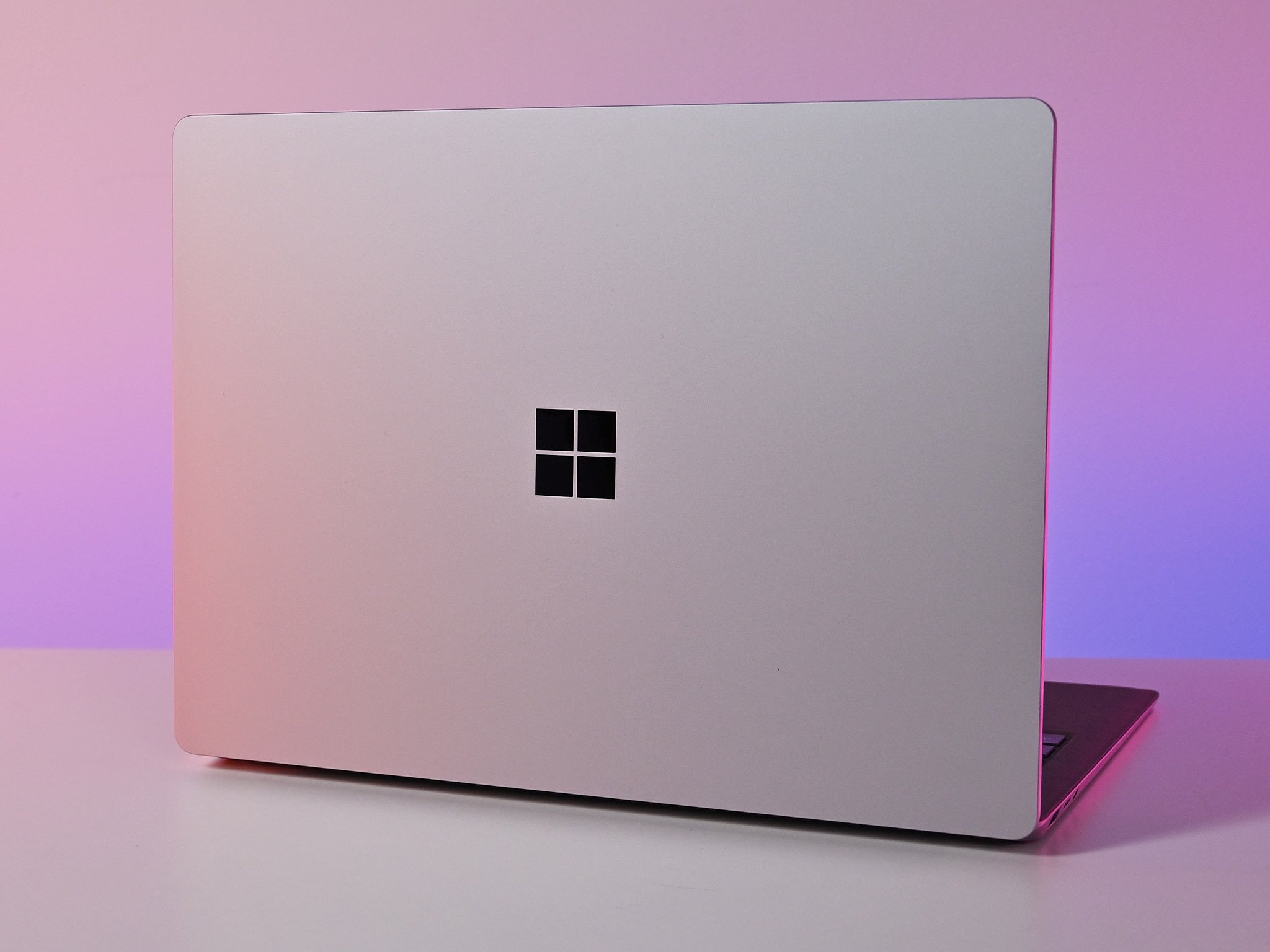Microsoft says not trusting anyone is a good thing, at least for PC security
As more people work from home, organizations are moving to adopt Zero Trust security.

What you need to know
- Microsoft shared its Zero Trust Adoption Report this week.
- The report gathers insights together from over 1,200 security decision-makers regarding Zero Trust adoption.
- 76% of polled organizations are in the process of implementing Zero Trust, which is up from 6% in the previous year.
Microsoft released its Zero Trust Adoption Report for 2021 today. The report looks at how organizations view Zero Trust security. Microsoft surveyed over 1,200 security decision-makers over a year regarding Zero Trust adoption for the report.
Microsoft explains Zero Trust in its post announcing the Zero Trust Adoption Report:
A Zero Trust security model assumes breach and explicitly verifies the security status of identity, endpoint, network, and other resources based on all available signals and data. It relies on contextual real-time policy enforcement to achieve least privileged access and minimize risks. Automation and machine learning are used to enable rapid detection, prevention, and remediation of attacks using behavior analytics and large datasets.
In other words, as its name suggests, Zero Trust doesn't trust anyone. It assumes that there's been a breach. People have to verify their identity and meet security requirements to gain access to a system.
Based on the responses of security decision-makers, Zero Trust Adoption skyrocketed over the last year, which is likely related to more people having to work from home.
Microsoft highlights four insights based on its research:
- Zero Trust is now the top security priority.
- Familiarity and adoption are growing rapidly.
- Hybrid work is driving adoption.
- More than half believe they're ahead of their peers.
- Zero Trust will remain a top priority with additional budget expected.
According to Microsoft, 96% of security decision-makers view Zero Trust as critical to their organization's success. 72% of organizations are in the process of implementing Zero Trust, which is a massive increase. Only 6% of organizations said they were in the process of implementing Zero Trust last year.
Microsoft attributes much of the growth of Zero Trust adoption to the increasing rate of hybrid work. Since remote work probably isn't going anywhere, more organizations will likely adopt Zero Trust going forward.
All the latest news, reviews, and guides for Windows and Xbox diehards.

Sean Endicott is a news writer and apps editor for Windows Central with 11+ years of experience. A Nottingham Trent journalism graduate, Sean has covered the industry’s arc from the Lumia era to the launch of Windows 11 and generative AI. Having started at Thrifter, he uses his expertise in price tracking to help readers find genuine hardware value.
Beyond tech news, Sean is a UK sports media pioneer. In 2017, he became one of the first to stream via smartphone and is an expert in AP Capture systems. A tech-forward coach, he was named 2024 BAFA Youth Coach of the Year. He is focused on using technology—from AI to Clipchamp—to gain a practical edge.
